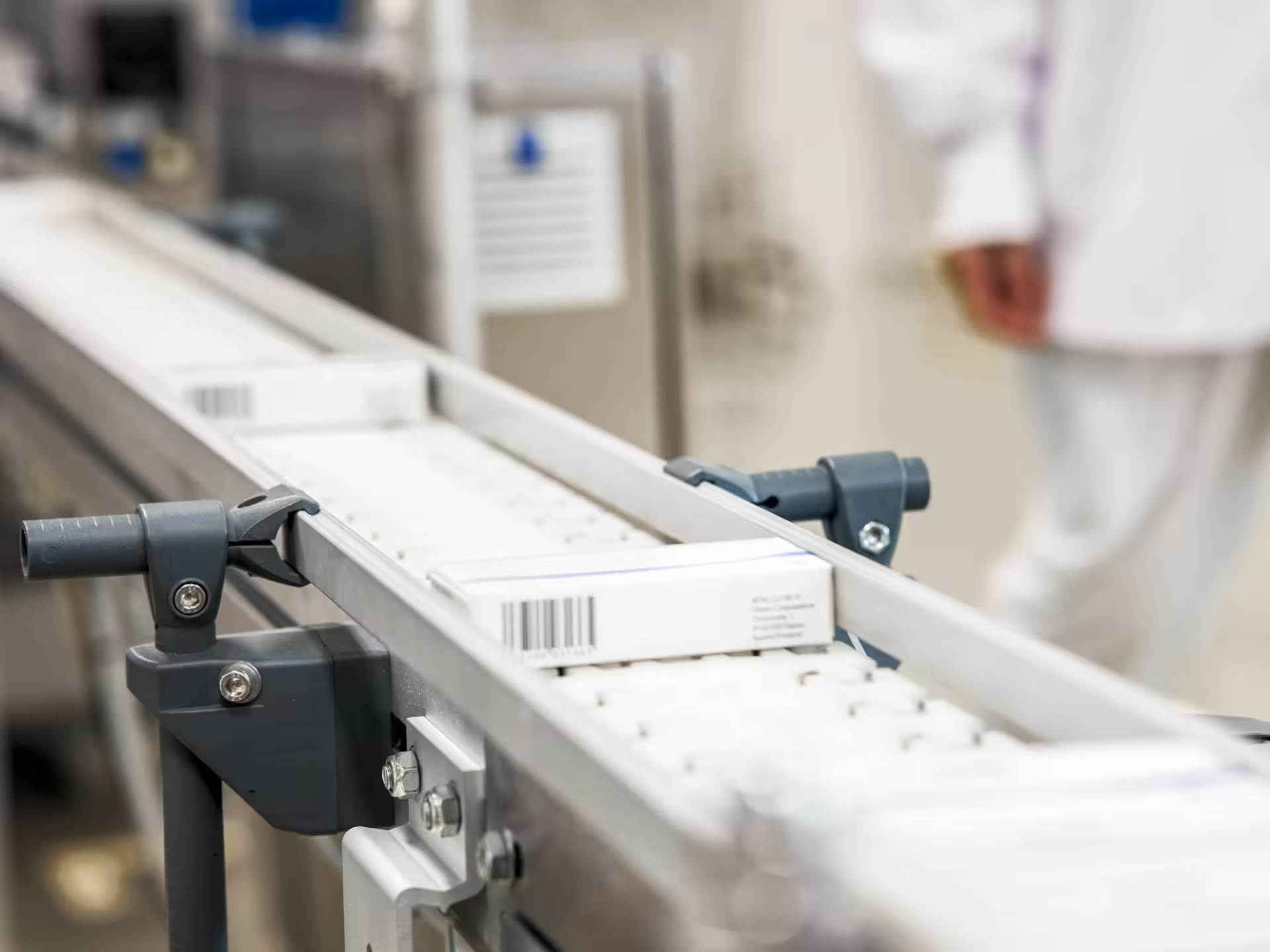When a patient with back pain swallows a painkiller, they wait gratefully for the relief it will bring. However, few of these people stop to think about the conditions the little pill was manufactured in.
Orion’s own plants manufacturing medicines for human use are located in Finland. Orion’s subsidiary company Fermion, which manufactures active pharmaceutical ingredients, also operates in Finland. Orion’s veterinary medicines are also manufactured in France and packaged in Belgium. It is easy to believe that in these countries employees are paid for overtime and occupational safety is taken care of.
Orion also sells and markets products that have been manufactured in Europe and India. A significant proportion of the manufacturers of the raw materials used in these are in China or India. Orion’s work to ensure sustainable operations also extends to these countries. Working conditions in the manufacturing phase are closely monitored: the length of the working days, whether a suitable salary is paid for the work and whether workers are treated equally.
Risks related to occupational safety include the processing of hazardous materials. Therefore, the partner must have guidelines and monitoring in place to manage these risks.
Audits, discussion and training
Orion strives to ensure the sustainability of its supply chain by selecting companies whose practices fulfil Orion's demands as partners.
Partners must commit to the Code of Conduct compiled by Orion for its partners, which sets out minimum standards for sustainable behaviour. In addition, the industry’s common self-assessment forms, which ask questions such as whether the partner's employees have the right to join a trade union, for example, may also be used. The operations of companies seeking to become a partner are audited, which means they are inspected on location, if this is deemed necessary.
“In India and China, the majority of partners are audited. Individual cases can also be investigated on location at other times if doubts arise about the sustainability of operations,” says Orion's Corporate Responsibility Manager, Laura Järvenpää.
Training and active discussion with the partner are always key methods for instilling responsible practices into operations. This is particularly important if problems arise. Poor working conditions will not improve if cooperation is ended.
Training is carried out in cooperation throughout the industry. International principles guide audits and the seeking of partners. The Pharmaceutical Supply Chain Initiative (PSCI), an international cooperation network for the pharmaceutical industry, is also used for support.
Aim is to achieve employee engagement
Social responsibility is reinforced by raising the awareness of partners’ employees regarding their rights and engaging them in the development of local practices.
Orion also aims to make partners’ employees aware of the fact that they can anonymously report problems directly to Orion if reporting problems to the local management is not possible or does not lead to the desired result. Orion also aims to find effective incentives to promote sustainable practices.
Legislation will advance the sustainability of supply chains
Companies are already expected to commit to respecting human rights, but legislation is now being tightened and made more uniform, especially in Europe. Companies will be required to take greater responsibility for their supply chain.
“Uniform legislation is seen as a very positive thing at Orion and in the industry more widely. Although there is still much to be done, the industry’s common requirements will make it easier to monitor and cooperate with operators in the supply chain,” says Laura Järvenpää.
How do we ensure that the operations of our partner companies are as environmentally friendly as possible? Read more here!











